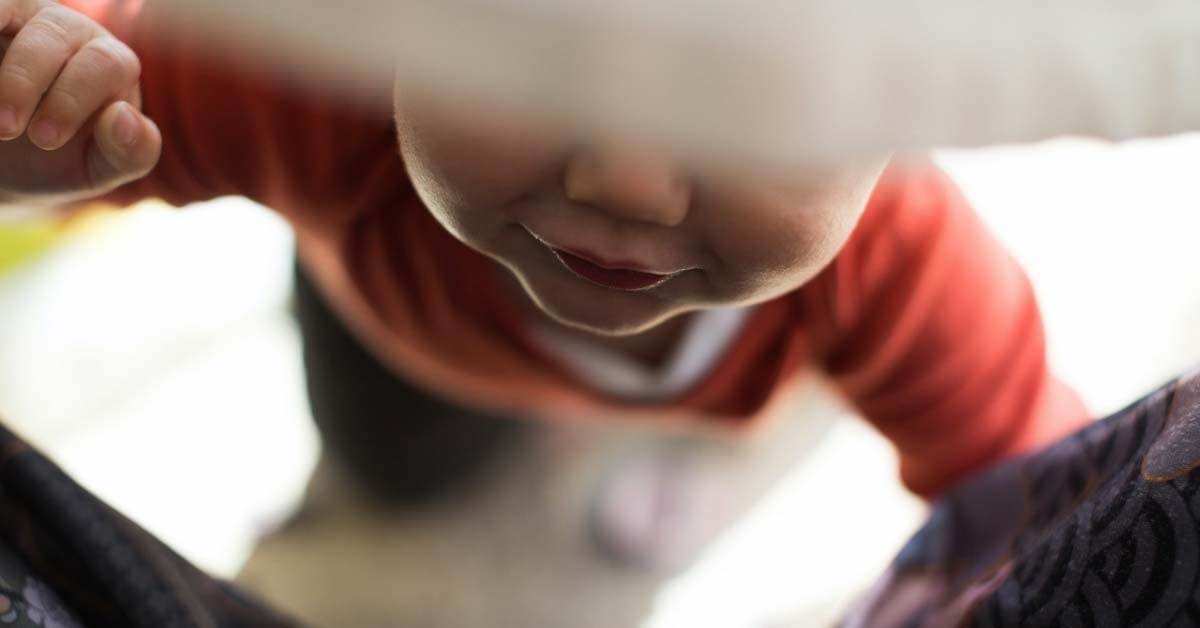Reviewed By Pamela Kirkpatrick - Senior Accredited NCS & Registered Member MBACP Adv. Dip.
Baby Brain Development
11 March 2021
If you’re an expectant or newborn Parent, you might have heard the phrase “the first 1,000 days”, which refers to a child’s life from the moment they’re conceived until their second birthday. During this time, a baby’s brain undergoes a significant period of development.
The human brain has 100 billion nerve cells and a baby’s brain works to form neural pathways, which are otherwise detached and disconnected at birth. It’s up to us, as parents, to help our babies’ brains develop and research shows there are certain experiences which help your baby to build these lasting connections.
Supporting your baby’s brain development
When you think of a newborn baby’s brain from birth, it can only control primitive functions, such as keeping the heart beating, the lungs breathing and the sucking reflex to feed. For the first 1,000 days of life, a baby’s brain is creating connections called synapses – which are messages sent between nerve cells – with each new experience.
For newborn babies, every sensation is brand new, which makes them sensitive to experiences such as hunger, light, pain and temperature. Being responsive and attuned in these ways can help ‘hotwire’ neural connections in their brains, helping build good foundations for their development.
Being responsive
In the early days of life, babies’ brains work to process three distinct experiences:
-Feeling loved: gives comfort and a secure base
-Feeling safe: “Is someone there for me when I need them?”
-Feeling seen and heard: “Is anyone interested in what I have to say?”

When a baby is crying or distressed by stimulation, removing the stressor and soothing them can help to regulate their emotional response and form strong synapses. Being attuned in this way to your baby’s reactions can help them feel safe, but when a baby’s emotional needs aren’t met, feeling unsafe causes distress and produces cortisol (a stress hormone). According to research, this can impact their immune system as immune cells are imprinted with experiences of neglect, leaving a person prone to illness in later life.
Develop close relationships
Developing a strong bond will help your baby develop responsive and positive responses to everyday experiences. A baby needs you to learn how to recognise when they’re hungry, stressed, tired or needing affection. Your job as a parent is to respond to these signals in a caring and consistent way so you can nurture safety, and in turn, help them establish trust.

Provide a safe, loving environment
Tone down any stressors, such as bright or noisy environments, in the early days of your child’s life. Keeping your home calm, alongside skin-to-skin contact or shared bath time, can promote a healthy relationship, with the added bonus of releasing feel-good hormones for both parent and baby.
Set up an active play routine
Growing your child’s coordination, problem-solving skills and creativity doesn’t have to be an expensive or time-consuming task. Simple activities such as reading a book, tummy time on the floor and singing out loud are all fun ways to engage their growth and development.
Reach out for community
The old saying “it takes a village” rings true and getting to know your nearby community support options can help you feel less alone when things feel tough. Playgroups, drop-ins and community centres are excellent spaces to meet other parents and they can connect you to professional support workers who are there to help when things feel harder than they should.
Get Inspired Further
what is play therapy
Play Therapy is a form of therapy which uses 'play' as a means of self-expression.
things you can do as a family
Connecting with your family plays a huge part in contributing to your overall wellbeing, including the wellbeing of your family.
emotionally connect couple
How to deepen your relationship and emotionally connect with your partner, including practical tips.



